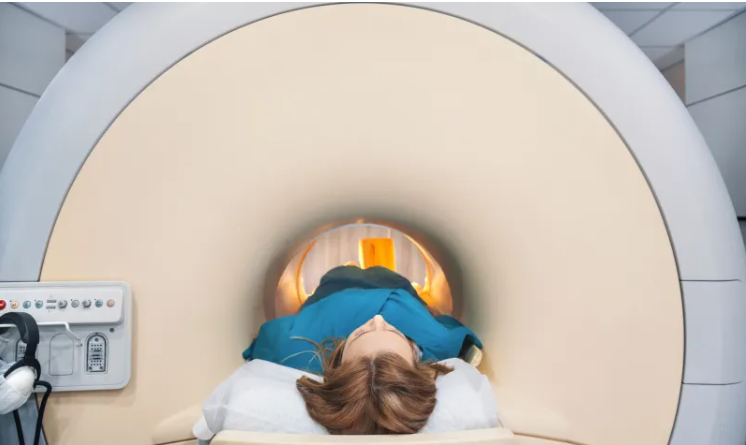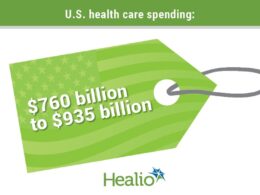the health strategist
institute for strategic health transformation
& digital technology
Joaquim Cardoso MSc.
Chief Research and Strategy Officer (CRSO),
Chief Editor and Senior Advisor
September 4, 2023
What is the message?
The Time article explores the contrasting behaviors of Americans when it comes to health screenings:
many neglect recommended insurance-covered screenings while others opt for expensive proactive tests driven by curiosity and a desire for control over their health.
This trend has created a market for direct-to-consumer tests and scans, often against medical advice.
While some experts acknowledge potential benefits, concerns persist about unnecessary tests, false positives, and the distraction from proven health practices.

One page summary:
The article discusses the complex landscape of health screenings and tests in the United States, highlighting the contrast between the reluctance of many Americans to undergo recommended health screenings covered by insurance and the growing demand for expensive proactive tests and scans for reasons of curiosity or peace of mind. This trend has given rise to a market for direct-to-consumer tests that analyze saliva, blood, or urine for potential markers of future diseases.
While routine health screenings are often skipped, some individuals are seeking out more extensive and advanced tests, sometimes against the advice of medical professionals. Direct-to-consumer tests have gained popularity, with companies like Theranos capitalizing on this trend before facing controversy.
Notably, certain individuals are also investing substantial amounts of money in executive or “white glove” physical exams that encompass a battery of tests. Celebrities, including Kim Kardashian, have endorsed expensive full-body MRI scans that promise early detection of health problems. This phenomenon is partly attributed to the heightened health-consciousness prompted by the pandemic but predates it as well.
For some, these proactive services fill gaps left by standard medical care characterized by long wait times and rushed appointments. Additionally, in a culture where quantifying steps, sleep, and calories is becoming normal, the desire for comprehensive health data is growing. Some individuals are motivated by a sense of control and the wish to counteract the unpredictability of chronic diseases.
However, some medical experts caution against this trend, arguing that the pursuit of extensive testing may be unnecessary or even harmful. Concerns arise due to potential false positives or inconclusive results, leading to risky and costly follow-up tests.
Medical groups like the American College of Preventive Medicine, American College of Radiology, and the FDA contend that there is limited evidence to support the benefits of proactive scans for most healthy individuals. The U.S. Preventive Services Task Force has not made a definitive recommendation about full-body scans, urging people to focus on proven preventive services.
Some experts suggest that Americans might benefit from fewer screenings, asserting that only a small percentage of cancer diagnoses result from screening tests. The efficacy of certain tests, such as blood tests for assessing prostate cancer risk, is also debated, with uncertain evidence of their impact on prolonging life.
The article also delves into the topic of direct-to-consumer genetic testing, acknowledging its potential value in revealing disease predispositions. However, the interpretation of results is crucial, and a comprehensive understanding of an individual’s health profile is necessary for accurate assessment.
The article concludes by noting that despite reservations from experts, the demand for these services is likely to persist. Companies like Prenuvo continue to offer body-scanning services, and the self-testing market is projected to grow substantially.
While some individuals may find benefits from these tests, there is a concern that their appeal might overshadow established health practices such as maintaining a balanced diet, exercising regularly, and ensuring sufficient sleep.
DEEP DIVE

This summary was written based on the article “Celebrities are getting full-body health scans – should you?”, published by Time and written by Jamie Ducharme, on August 11, 2023.
To read the full article, access https://time.com/6304107/full-body-mri-health-scan











